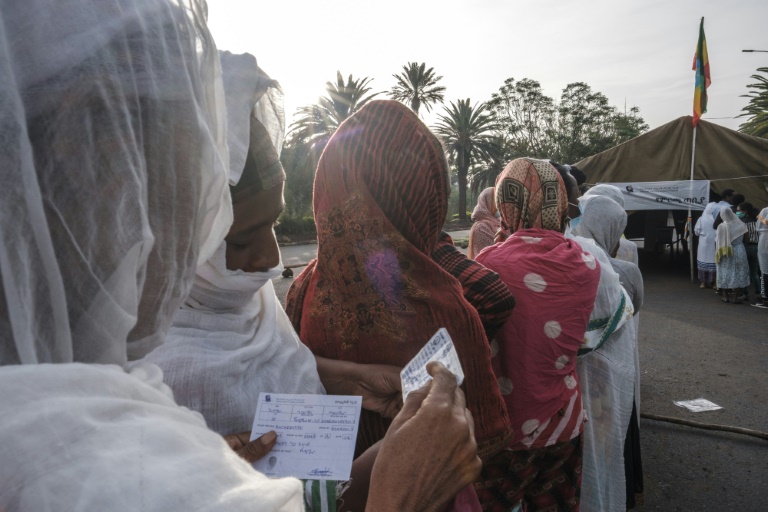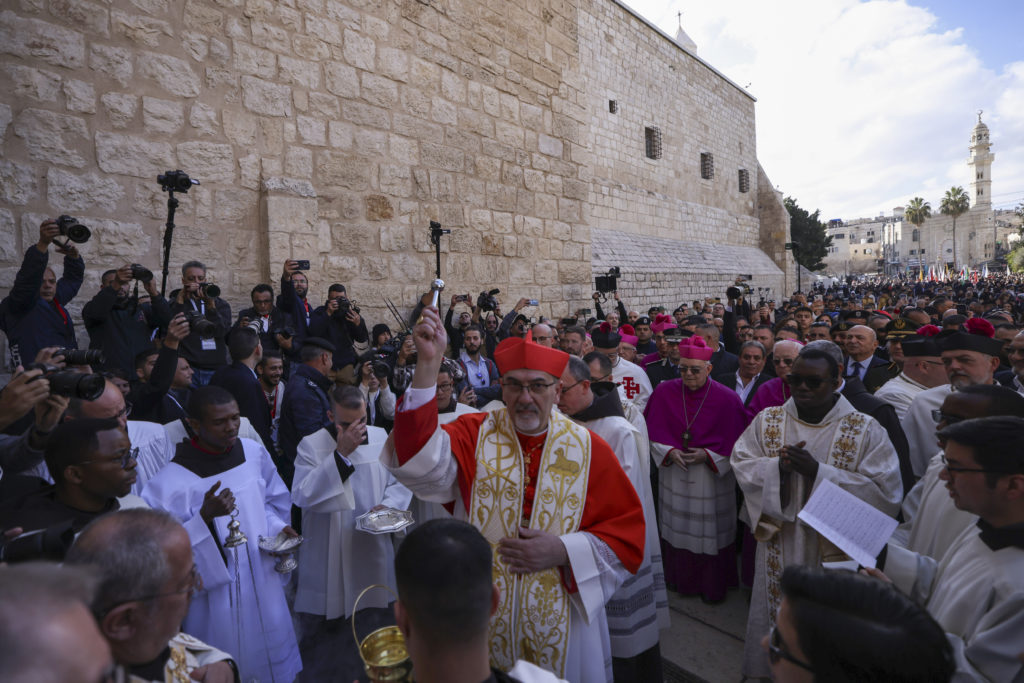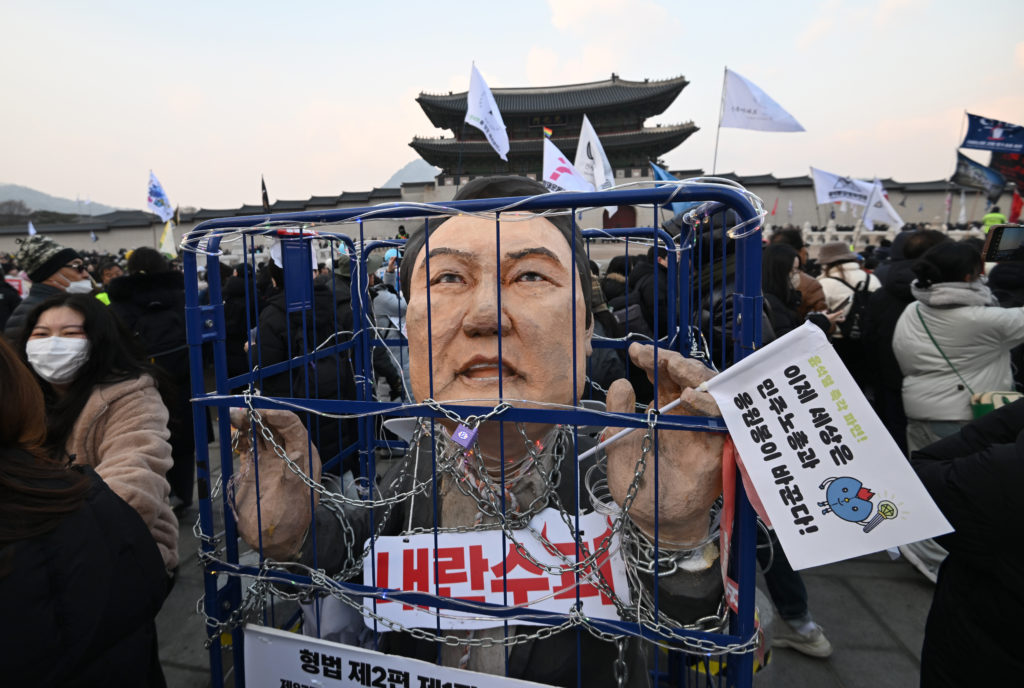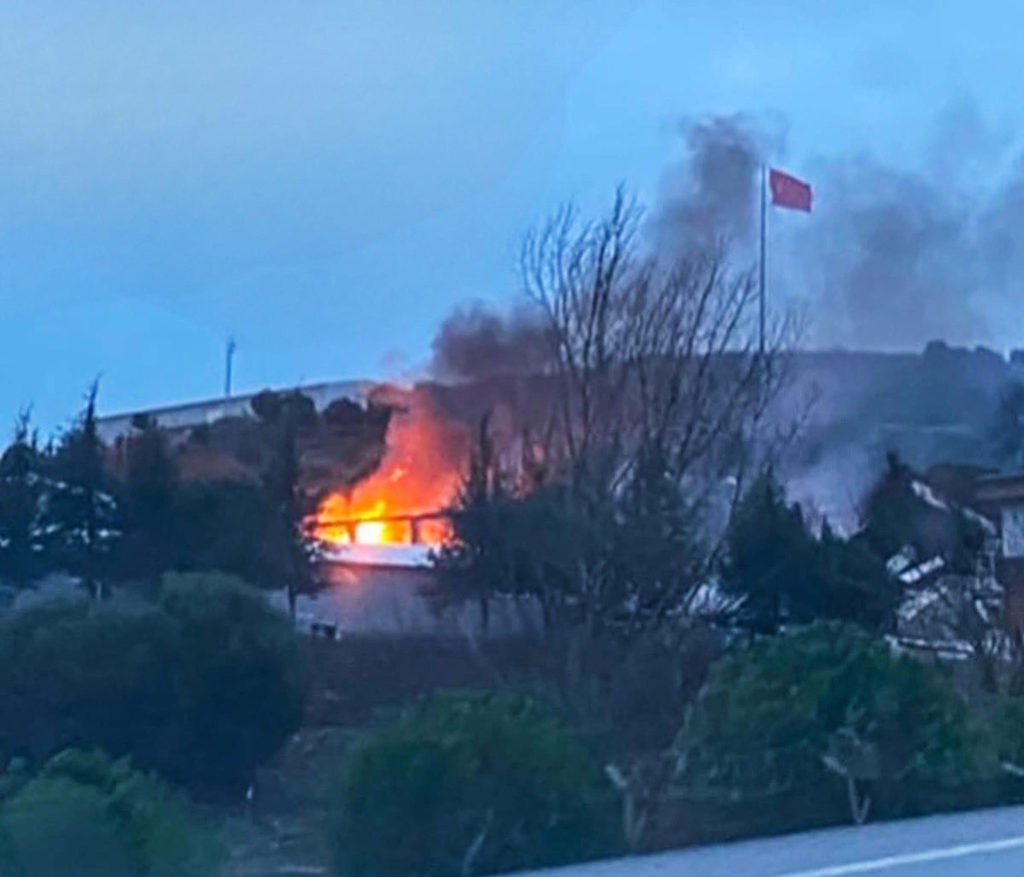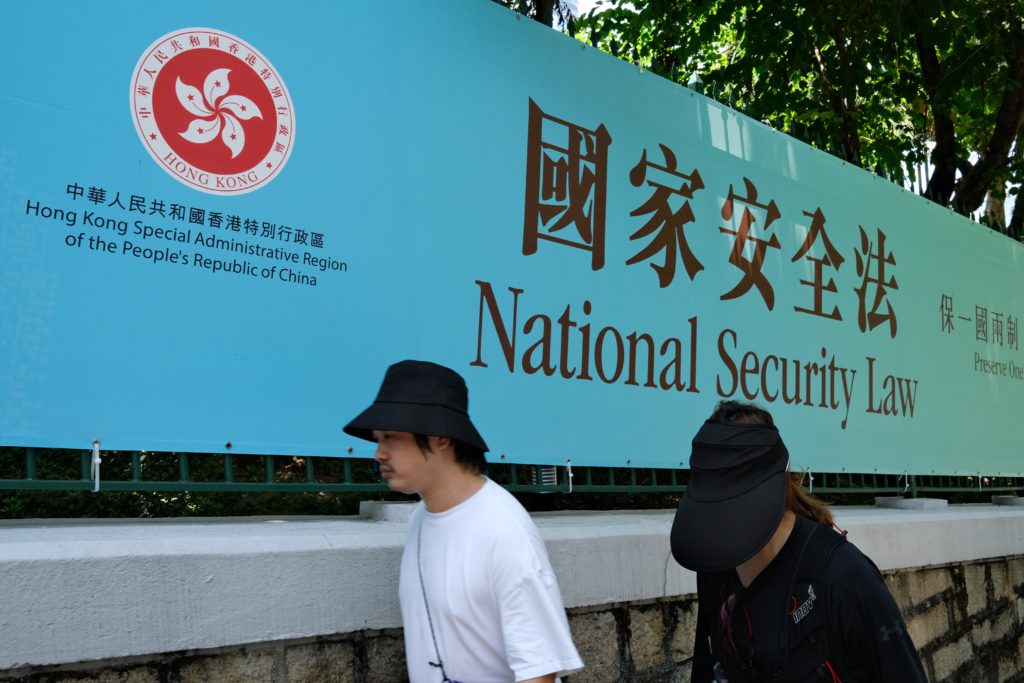Ethiopians voted Monday in a delayed national election against the backdrop of war and famine in the northern Tigray region and questions over the poll’s credibility.
Prime Minister Abiy Ahmed, 44, is facing voters for the first time since coming to power in 2018 championing a democratic revival in Africa’s second-most populous country, and a break from its authoritarian past.
Abiy, a Nobel Peace laureate who freed political prisoners, welcomed back exiles and ended a cold war with neighbouring Eritrea, had promised Ethiopia’s most competitive election in history, free of the repression that marred previous ballots.
Voting in his hometown of Beshasha, central Ethiopia, Abiy said all who participated deserved respect no matter the outcome.
“What we’re witnessing right now is the spirit of the people. In so many ways, this election has been better than those past,” Abiy told the Ethiopian Broadcasting Corporation, a state-run network.
In Addis Ababa, voters queued for hours to cast their ballots, with long lines snaking around city blocks.
First-time voter Bezawit Mekonnen said it was worth the wait. “I want to see change, and I feel that my vote matters now,” said the 30-year-old public health officer.
Others turned out before dawn, wrapped in blankets against the morning cold, to secure a spot at the front of the line.
“This election is different,” said Milyon Gebregziabher, a 45-year-old travel agent voting in Addis Ababa.
“There are a number of parties to choose from. In the past there was just one — we did not have the luxury of choice.”
Voters wore face masks, and electoral officials sprayed their hands with sanitiser before checking their IDs against the register.
– ‘We want peace’ –
In Bahir Dar, capital of the northwestern Amhara region neighbouring Tigray, voters said peace and economic growth were the priorities.
“No matter who wins, we want peace,” said 25-year-old jobseeker Mirkuz Gashaw.
The national electoral board said voting had been mostly peaceful, but in Amhara and a region to the south, opposition party officials had experienced harassment.
Once votes are counted, national MPs will elect the prime minister as well as the president, a largely ceremonial role.
Abiy’s ruling Prosperity Party is firm favourite to win a majority and form the next government, faced with bringing peace to Tigray and rebuilding an economy hammered by the coronavirus pandemic.
At a polling station in Addis Ababa, opposition leader and former political prisoner Berhanu Nega of the Ethiopian Citizens for Social Justice Party was cautiously optimistic that the vote would be democratic as billed.
“Participation looks good, so let’s hope it ends clean,” he told AFP.
His party lodged some 200 complaints with the electoral board, alleging ballot box tampering and the harassment of staff in three regions and Addis Ababa.
– Shadow of war –
The election was twice delayed — once because of the pandemic, and again to allow more time to organise the ballot across a huge nation.
Some 38 million Ethiopians are registered to choose among more than 40 parties and 9,500 candidates.
But the polls have still not gone ahead in a fifth of the country’s 547 constituencies, with some areas deemed too insecure and others beset with logistical setbacks.
A second batch of voting is to take place on September 6 to accommodate many of the districts not taking part Monday.
But there is no election date set for Tigray, where UN agencies say 350,000 people face famine conditions, a depiction the government disputes.
Residents in the regional capital Mekelle were more concerned with finding fuel and other basic supplies Monday than with polls outside the region.
In November, Abiy sent troops into Tigray promising a swift campaign to oust its ruling party but seven months later the conflict drags on.
On Monday, UN rights chief Michelle Bachelet said she was “deeply disturbed” by continued accounts of atrocities in Tigray, including extrajudicial killings and sexual violence.
The conflict has damaged Abiy’s standing as a peacemaker and is overshadowing a vote that is meant to broadcast his country’s democratic intent.
“Unlike some negative narratives that you can hear from the rest of the world… this shows how people are eager for elections. Ethiopia is getting stronger,” Dina Mufti, the foreign affairs spokesman and a ruling party candidate, told AFP.
In a handful of places where the vote is going ahead Monday, opposition parties are boycotting in protest, including the populous and influential home region of Oromia.
Vote counting is due to start soon after polls close, but results are not expected for several days.

